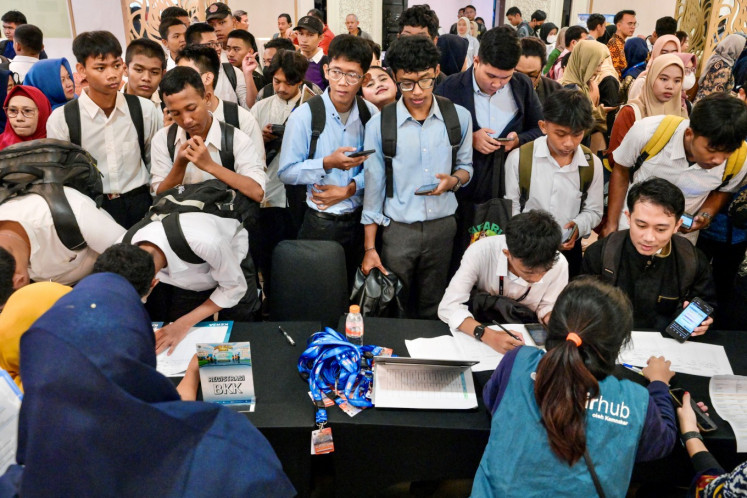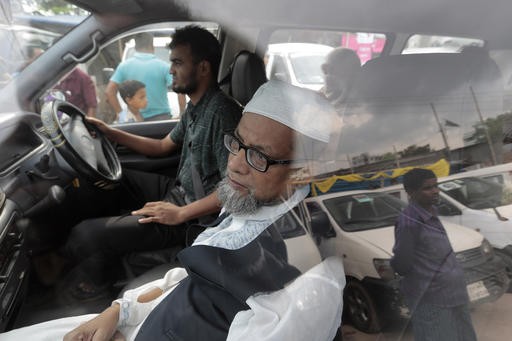Popular Reads
Top Results
Can't find what you're looking for?
View all search resultsPopular Reads
Top Results
Can't find what you're looking for?
View all search resultsThe continuing trend of intolerance: Projection of the political year
Religious politics offers a recipe that centers on emotive fears and sentiments, which effectively dismantles the government to fail in some key areas such as inequality and law enforcement.
Change text size
Gift Premium Articles
to Anyone
T
he year 2022 concluded with another marginalization of minorities’ rights, as shown in Cilebut, in the West Java regency of Bogor. The mass protest on Christmas worship by Cilebut residents, which went viral on social media, indicates that intolerance and sectarianism remains a dominant feature within Indonesian society and politics.
Religion-based movements in plural Indonesia have apparently subsided and waned after showing signs of strengthening in the 2016-2017 interval. At that time, most scholars and observers agreed that political conservatism had found its way back.
In the past two years, Setiawan and Tomsa (2022) have observed a dramatic decrease in religious-based movements as a result of the government's oppression in disbanding key hardline organizations such as the Islam Defenders Front (FPI) and Hizbut Tahrir Indonesia, coopting some of their leaders, including the imprisonment of their remaining figures deemed as anti-regime. The COVID-19 pandemic has narrowed the scope of action and weakened the consolidation among mass nodes.
But the dimming of this movement raises significant questions: What is the prospect and solidity of the intolerant, conservative groups in the 2024 election? What kind of candidate is envisioned as a patron for them?
The Cilebut incident is a prelude to the further religion-based political movement that will potentially happen in the future. Pollsters have seen a massive number of Indonesian conservative voters as a powerful political resource. Some political surveys have begun to discuss potential names that are close to the heart of the Islamic movement. But the question is whether a movement like this remains attractive.
There are at least three significant factors in answering the relevance of conservative votes in future elections, especially in 2024.
First, the weakening of Islamic political parties. The collapse of the appeal of Islam-based political parties began after the 2009 presidential election and has continued to fluctuate with a tendency to weaken to this day (Fealy 2009; Miichi 2015). This situation creates a gap that is now being taken by more flexible and liquid, but also very neat and coordinated non-party-based movements.



















